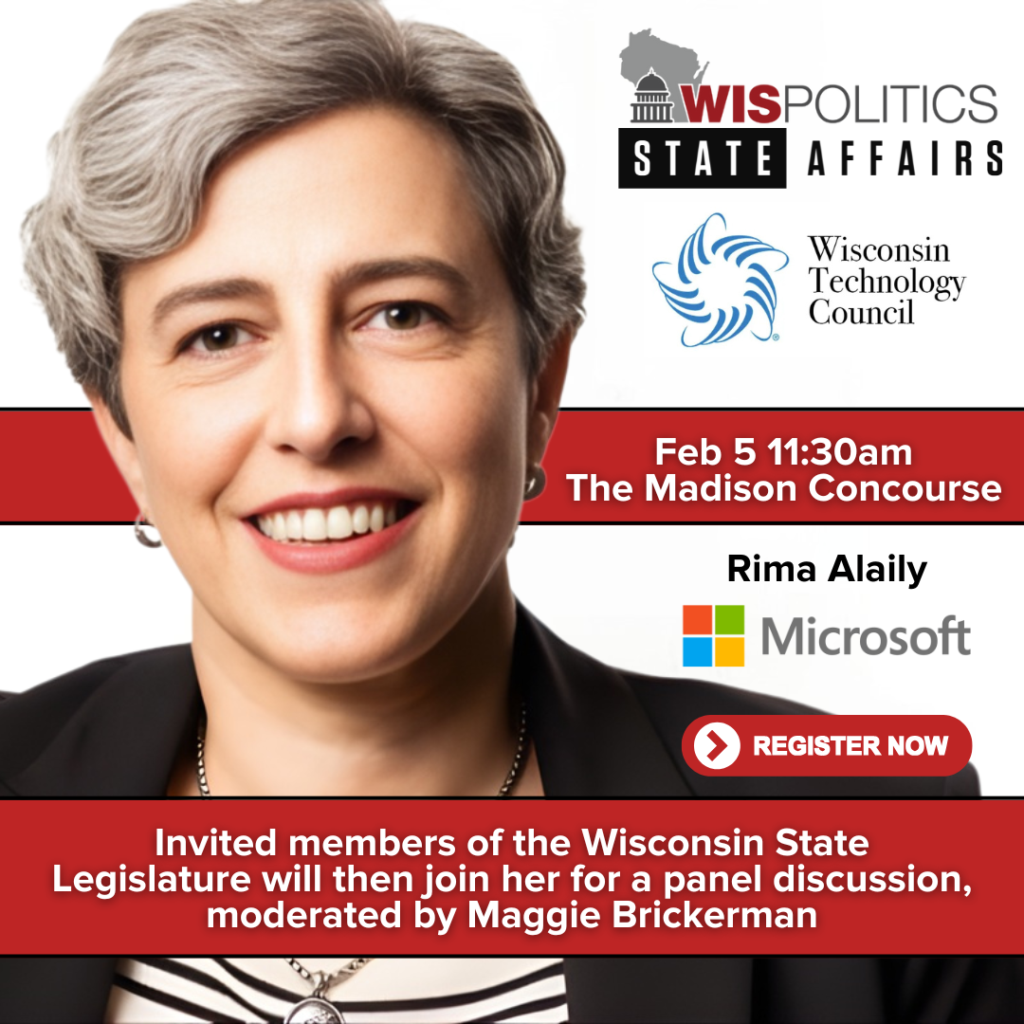In the decade since Dr. James Thomson’s isolation and culture of human embryonic stem cells, the field has evolved from the realm of pure science into economic development and consumer advocacy.
Nowhere will that be more evident than at the 2008 World Stem Cell Summit, set for Sept. 22 and 23 at the Alliant Energy Center in Madison, where some 1,000 attendees are expected. Organizer Bernard Siegel, executive director of the Genetics Policy Institute, said attendees will hear about the rising tide of consumer engagement, the growing stream of venture capital support and the political cross currents that are likely to shape stem cell research in the months and years ahead.
Siegel said attendees will play a critical role in shaping the dialogue and interacting with researchers and business leaders to help chart new directions.
“This is a problem-solving conference, not just an event where commercial panelists recount their own inventions and scientists (review) their own work,” Siegel said. “We want to talk about what are the challenges we face, what are the right business models and what must be done for a stem cell business to flourish. When you bring together this critical mass, with smart people on panels and key stakeholders in the audience, wonderful things can happen.”
The more than 30 presentations and panel discussions at the event will cover the entire spectrum of stem cell research, including adult stem cell therapies, human embryonic stem cell research and work with induced pluripotent stem cells. Leading researchers from various fields will be joined by patient advocates, policy experts, venture capitalists, legal experts, ethicists and entrepreneurs.
Siegel said the event will feature an international flavor, as well.
“It will be fascinating to see this because we have technology transfer people coming from Japan, some from the UK, business people from Israel, an ethicist from Germany who all have adopted this conference as a global opportunity,” he said. “Together we can chart the future of regenerative medicine. We really want to create an environment that inspires collaboration.”
Additional international representation will come from Australia, China, Italy and Scotland. Still, the event will have a distinctly Wisconsin flavor. It is being hosted by the University of Wisconsin Stem Cell and Regenerative Medicine Center and WiCell Research Institute, and Gov. Jim Doyle will be honored with a national leadership award from the Genetics Policy Institute.
With more than 150 sponsors, supporting organizations and media participants, the stem cell event takes place against a backdrop of shifting political support and strengthening consumer involvement.
On the political front, presidential candidates Barack Obama and John McCain both cast Senate votes in favor of the Stem Cell Research Enhancement Act of 2007. The bill would have loosened restrictions on human embryonic stem cell research, but was later vetoed by President Bush. While the 2008 Democratic National Platform supports expanded stem cell research including human embryonic stem research, the 2008 Republican National Platform limits its call for expanded funding to adult stem cell and induced pluripotent stem cell research.
Among the featured speakers at the summit will be former U.S. Department of Health and Human Services Secretary and Republican Gov. Tommy Thompson. Thompson, an architect of the Bush administration’s policy on human embryonic stem cells, has acknowledged the growing stake health care consumers and patient advocacy groups have in the potential treatments and cures offered by human embryonic stem cells. He will participate in a panel discussion on how industry, state, academic and federal efforts can help advance stem cell businesses and patient therapies.
Siegel said patient organizations represented at the conference will include leaders from the Christopher and Dana Reeve Foundation, the Juvenile Diabetes Research Foundation, the Foundation Fighting Blindness and the ALS Association, among others.
For many attending the conference, however, the opportunity to meet with potential business and investment partners is proving to be the most powerful draw. Siegel said the mood among venture investors “has never been more positive” for the entire field of regenerative medicine.
The FDA is now considering clinical trials for a number of stem cell therapies including a diabetes treatment by Novocell — whose chief scientific officer Emmanuel Baetge will serve as a panelist at the summit. The world of venture capital also will be well represented with speakers from Proteus Venture Partners of Palo Alto, Calif., and Toucan Capital Corp. of Bethesda, Md.
For more information or to register for the 2008 World Stem Cell Summit to be held Sept. 22-23 at the Alliant Energy Center in Madison, visit http://www.worldstemcellsummit.com/. A free and open public preview of the conference, called Lab on the Lake, will run from 9 a.m. to 5 p.m. on Sept. 21 at the Pyle Center on the UW–Madison campus with hands-on lab experiences, guest speakers and teacher workshops.
— Sereno, former business editor of the Wisconsin State Journal, is a senior manager at Wood Communications Group in Madison. E-mail jenny.sereno@wcgpr.com or call (608) 770-8084.




